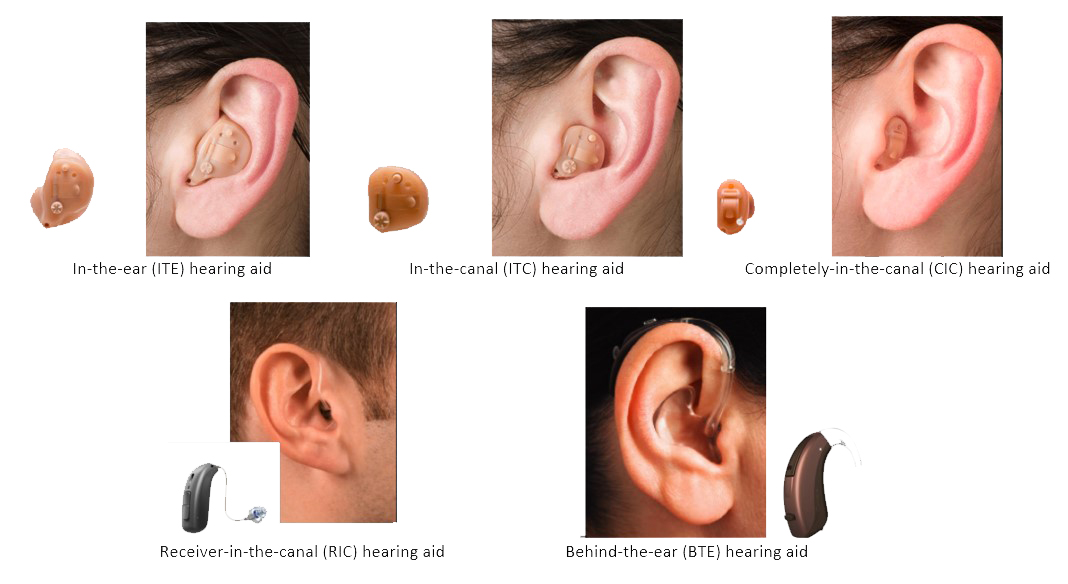Hearing Loss and Hearing Aids
Untreated hearing loss can lead to stress, embarrassment, and miscommunication with your family and friends. It can also lead to social isolation and depression because you no longer enjoy the activities you once did. Many people deny their hearing loss and blame other people for “mumbling.” If you have hearing loss, don’t be embarrassed. Get help! Make an appointment with your audiologist for a hearing test and to discuss hearing aids. Hearing aids can help improve your hearing so you feel more connected to the people in your life and the activities you enjoy. Hearing aids do not “cure” hearing loss, and they can’t give you the normal hearing you may have had before. But with a commitment to regular use, communication with those around you will be much easier. Enjoy your family, hear better at church and in meetings, and stay connected to the important things in your world.
Advances in Technology
Hearing aids have come a long way! They provide exceptional sound quality, many can connect to your smartphone to hear phone calls and music, and many are now rechargeable. It is important to note that not all hearing aids will be beneficial for all types of hearing loss, and not all hearing aids have the same features. Your audiologist will help you determine which hearing aid features meet your hearing loss and lifestyle needs.
Types of Hearing Aids
Custom hearing aids: hearing aids that are self-contained in the ear. These include in-the-ear, in-the-canal, and completely-in-the-canal hearing aids.
Receiver-in-the-canal hearing aids (RICs): hearing aids are worn both behind the ear and in the ear. The receiver, or speaker, connected by a thin wire, sits in the ear canal.
Behind-the-ear hearing aids (BTEs): hearing aids worn behind the ear and connected by tubing to a mold that sits in the ear canal.

